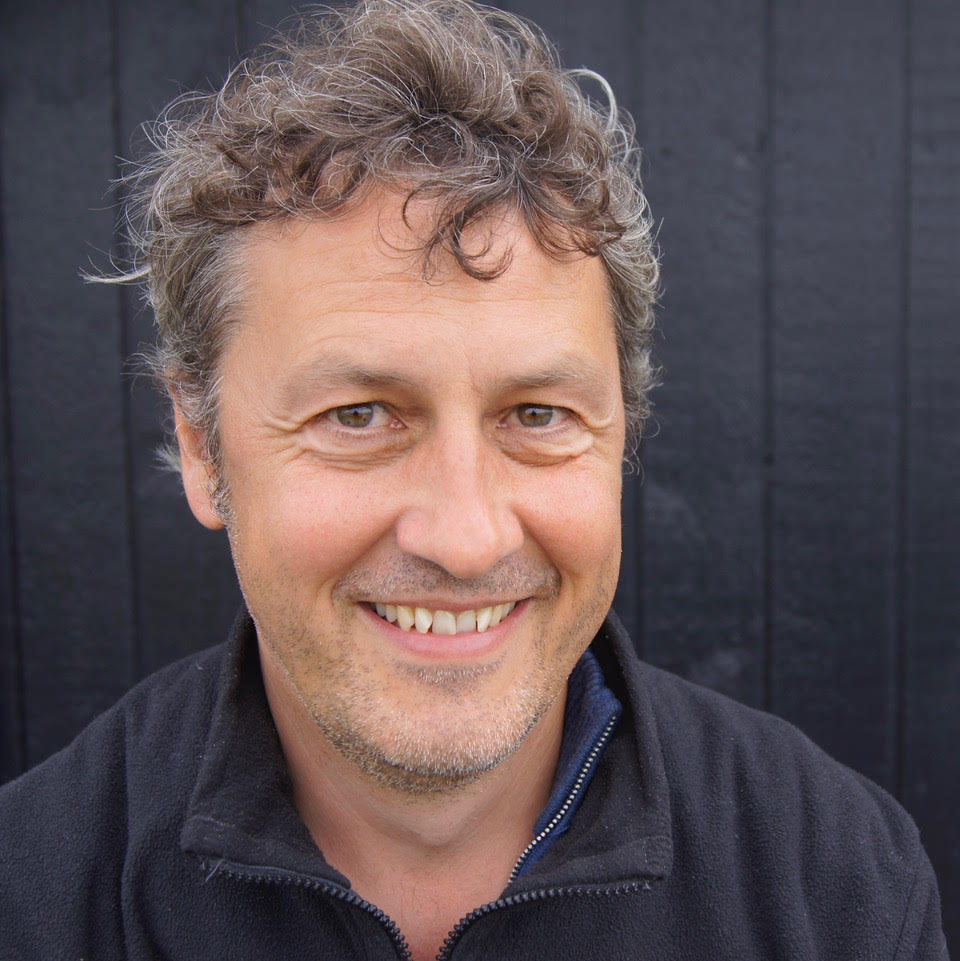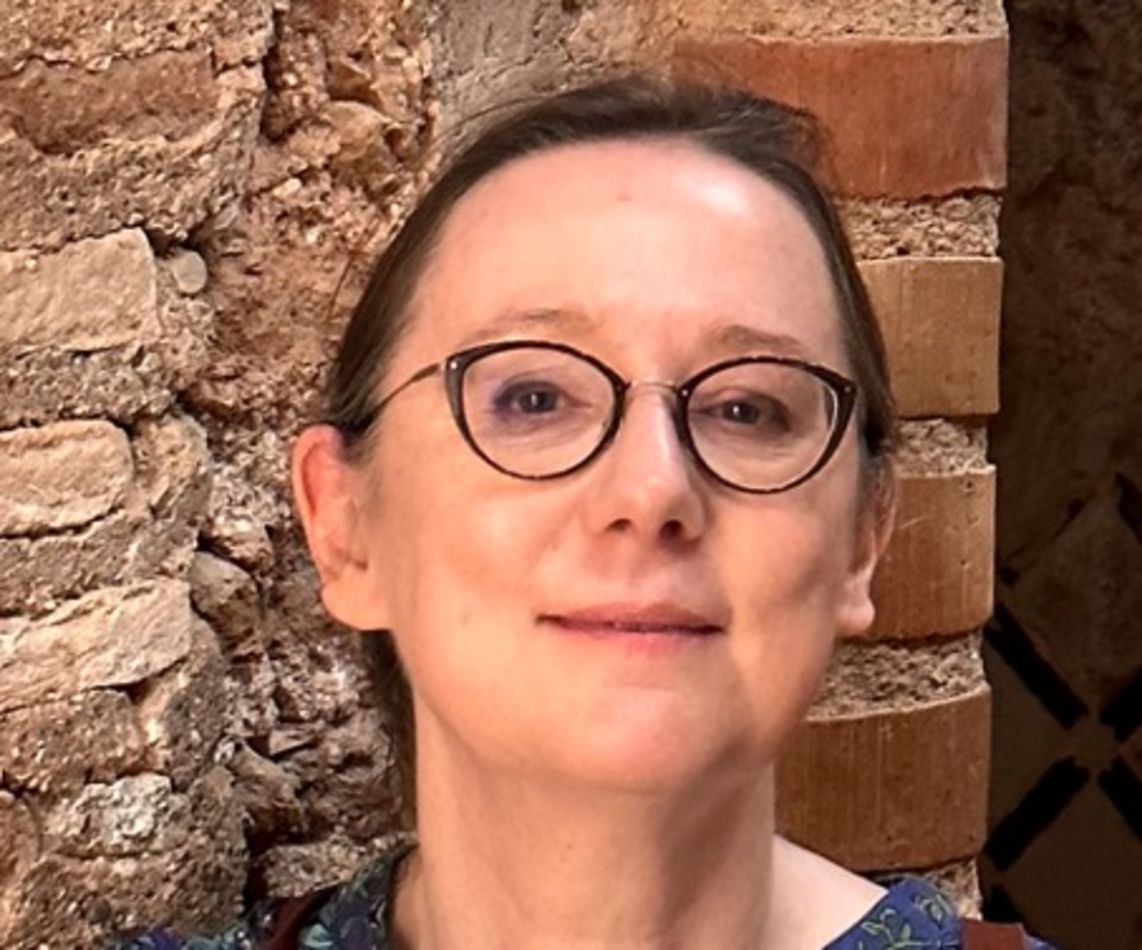Matthias Rebstock

(Un-)doing memories in contemporary music theatre
Abstract: While globalization as a “world of disjunctive flows” (Arjun Appaduraj 2000) was the decisive dynamic for the discourse on memory until the early 2010s, today it is increasingly taking place against the backdrop of ‘global unbundling’, the resurgence of national and nationalist movements as well as partially hardened controversies in questions of cultural representation and identity. Against this backdrop, my lecture deals with questions of collective memory in two ways: On the one hand, I want to look at various lines of discourse in which possibilities and moments of collectivity, togetherness and “kinship” between human (and non-human) actors become urgent, pointedly formulated by Donna Haraway: “[w]e become-with each other or not at all” (Haraway 2016). Secondly, selected positions on the relationship between collective memory and identity will be outlined, particularly from the perspective of performativity, postcoloniality, (post-)migration and archival theory.Music as a “source of collective memory” (Melanie Unseld 2024) and “memory engine” (Nabeel Zuberi 2001) plays an essential role in the formation, transmission and transformation of collective memories, which is also increasingly being taken into account in the various fields of theory. If, following Christopher Small, music is not understood in terms of the works or ‘products’, but as a shared practice, the social and community-building aspect of “musicking” clearly emerges, both among the performers but more generally among all those involved in the listening situation as a whole. Listening in performance situations is always also witnessing or bearing witness (cf. Hans-Thies Lehmann in Kolesch 2004). Addressing various case studies from the field of contemporary ‚documentary‘ music theater this presentation examines how the sharing of memories in the moment of the performance can create spaces for temporary communities that, beyond identification, allow for the conflictual frictions of “multidirectional memories” (Michael Rothberg 2009) and can open up moments of solidarity. The affective, physical and imaginative qualities of music and memory play a special role here – as collectively performed and corporeal “sonic fictions” (Kodwo Eshun 1998).
Biography
Matthias Rebstock is professor for scenic music (Szenische Musik) at University of Hildesheim / Germany and is author of numerous books and articles in the field of contemporary music theatre, aesthetics and cultural policies. He is member of the board of the Research Training Group “Aesthetic Practice” at the University of Hildesheim, funded by the German Research Foundation. He recently conducted the first quantitative study on living and working conditions in independent music theatre in Germany, commissioned by the German network Netzwerk Freies Musiktheater and is co-founder of the BAM! Festival (Berlin Festival for contemporary music theatre). He is author of the books Independent Music Theatre in Europe (2020) and Composed Theatre. Aesthetics. Practices. Processes (2012, together with David Roesner)
He also works as director and author in the field of music theatre and is specialized on first performances and devising performances. His works have been shown internationally on numerous Festivals and opera houses. He works in close collaboration with the Spanish composer Elena Mendoza. Together with her he has staged the world premieres of the large scale music theatre productions Niebla (Kunstforum Hellerau, Dresden 2007, La Ciudad de las Mentiras (Teatro Real Madrid 2017) and Der Fall Babel (Schwetzinger Festspiele 2019)
His works are shown on numerous national and international festivals and theaters, including Staatsoper Stuttgart, Nationaltheater Mannheim, Konzert Theater Bern, Konzerthaus Berlin, Neuköllner Opera Berlin, Bienniale für Musiktheater München, ECLAT Stuttgart, musicadhoy Madrid, GREC Festival Barcelona, New Music Festival Stockholm and Musica Nova Sao Paulo.
Anne-Sylvie Barthel-Calvet

From Traces of the Imaginary to the Construction of Memory: Rethinking the Composer’s Workshop within Its Ecosystem
Abstract: This keynote proposes to explore how the memory of contemporary music – particularly that of the avant-garde of the last eighty years – is constructed not solely through discourse or historiography, but through what I term “traces of the imaginary.” These traces, preserved in musical archives, function as indices in the Ginzburgian sense, revealing both the internal logic of the composer’s workshop and the broader cultural memory in which it is inscribed.
Building on the notion of the composer’s workshop as developed by Nicolas Donin and Jacques Theureau, I examine how archival materials – through their inscriptions, revisions, formats, and very materiality – allow us not only to reconstruct the genesis of works, but also to grasp the trajectory and dynamics of the composer’s creative thinking. These traces reveal not only the “how” of creation, but also the layers of hesitation and experimentation that often remain hidden behind the finalized score. They shed light on a dimension of memory that is situated within specific contexts of production.
Indeed, the composer’s workshop is never isolated. It belongs to a larger ecosystem – intellectual, artistic, technological, and economic – in which ideas circulate and tools evolve. By broadening the analytical lens to other documentary sources, I propose to situate the workshop within a wider network of interactions thereby highlighting the conditions of possibility for musical creation and the memory that emerges from it.
In this regard, I argue for a critical historiographical approach. When the traces uncovered in the archive diverge from the official or public narratives produced by composers, institutions, or their mediators, they invite us to question the very mechanisms through which the memory of the avant-garde has been shaped, canonized and transmitted. The archive, in this sense, appears not merely as a place of conservation but as a site of inquiry, where the construction of musical memory becomes both an object of study and a terrain of methodological renewal.
Biography
Full Professor of Musicology at the University of Strasbourg, Anne-Sylvie Barthel-Calvet is an alumnus of the École Normale Supérieure (Paris) and professeur agrégée in Music. She was teaching assistant at Stanford University (1991-92). Her doctoral thesis (École des Hautes Études en Sciences Sociales, Paris) focused on the Rhythm in the work and thought of Iannis Xenakis.
A specialist of the musical avant-gardes of the second half of the 20th and 21st centuries, she recently co-edited with Christopher B. Murray Revisiting the Historiography of Postwar Avant-Garde Music (Routledge, 2023), and will soon publish a biography of Iannis Xenakis. Starting from the analysis, musical theory and aesthetics of contemporary music, her writings over the past fifteen years are developing two converging perspectives: genetic criticism and musicology of creative processes for the study of works, critical historiography for approaching the history of avant-garde players (composers, journalists, concerts organizers), institutions and networks of intellectual and artistic sociability. Both fields involve the study of musical archives (from composers, musical and political institutions, etc.). Barthel-Calvet is also interested in musical gesture theories, musical diplomacy, contemporary opera and its staging studied through an interdisciplinary approach.
Anne-Sylvie Barthel-Calvet is a current member of CESEM’s External Advisory Board. She has been guest researcher at IRCAM in the team “Analyse des Pratiques Musicales”, and is a current collaborator of the team « Musique en France aux XIXe et XXe siècle » at the Observatoire interdisciplinaire de création et de recherche en musique du Québec (OICRM).